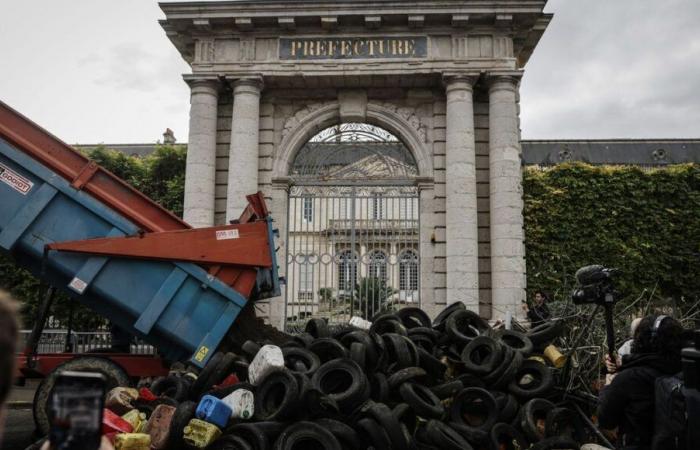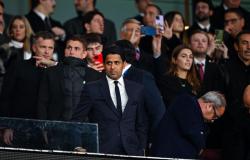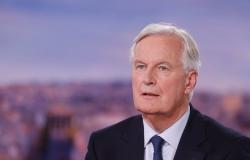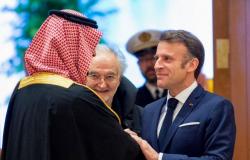
On the sidelines of the G20 summit in Brazil, the European Commission hopes to sign the free trade agreement with the Mercosur countries. The fourth economic bloc in the world, Mercosur represents more than 82% of South America's total GDP. A considerable market from which the European Union hopes to benefit via the free trade agreement supported by Ursula van der Layen. Providing for the elimination of customs duties for 90% of trade, this treaty would allow European companies to export products or services at a competitive price, particularly in the fields of automobiles, chemicals and pharmaceuticals. On the consumption side, Europeans could benefit from agricultural and food products, notably meat, rice, soy or sugar, at cheap prices. Profits which are paid for at the price of significant CO2 emissions to transport goods across the Atlantic, “unfair competition” for certain productive sectors, and harmful consequences for the health of European consumers. Why does the EU-Mercosur agreement crystallize the anger of French farmers? On the contrary, what are the benefits of this treaty for the European Union? How does this agreement have an important impact on the food supply of Europeans, on German industry and on the climate?
The political post Listen later
Lecture listen 4 min
Critics of this agreement come mainly from France, where breeders, farmers and winegrowers fear being seriously affected by South American competition on the European market. Indeed, where the agreement would facilitate the activity of the German automobile industry, it would also open the door to massive importation of agricultural products which do not respect European Union standards. “We are talking about beef with hormones, growth accelerator chickens (…) Europe must not be a sieve and it cannot import products that do not meet any of our standards. We do not want an agriculture that 'we refuse to produce in Europe'denounces the president of the FNSEA Arnaud Rousseau. This “unfair competition” is coupled with criticism of an economic model that is harmful to the climate and food, favoring the importation of beef raised with hormones, generating significant CO2 emissions and promoting health problems, increasing deforestation in America, while Europe locally produces agriculture and livestock farming that is much healthier for the health of consumers. However, in addition to promoting European growth and increasing the purchasing power of Europeans, this agreement would be strategic for the European Union, since it would make it possible to diversify partners and source strategic minerals such as lithium. , in an increasingly polarized world. The future head of European diplomacy, Kaja Kallas, also recalls that “If we do not conclude an agreement with them [les pays du Mercosur]this void will be filled by China.”
The public spirit Listen later
Lecture listen 21 min
In support of farmers, the French political class as a whole is, with rare unanimity, up in arms against this treaty. The French government is pushing for three conditions for signing the treaty: not increasing imported deforestation in the European Union, ensuring that the agreement is consistent with the Paris climate agreement, and introducing measures mirrors in health and environmental matters so that Mercosur respects the same standards as the European Union.
Summer Debate Time Listen later
Lecture listen 43 min
France





